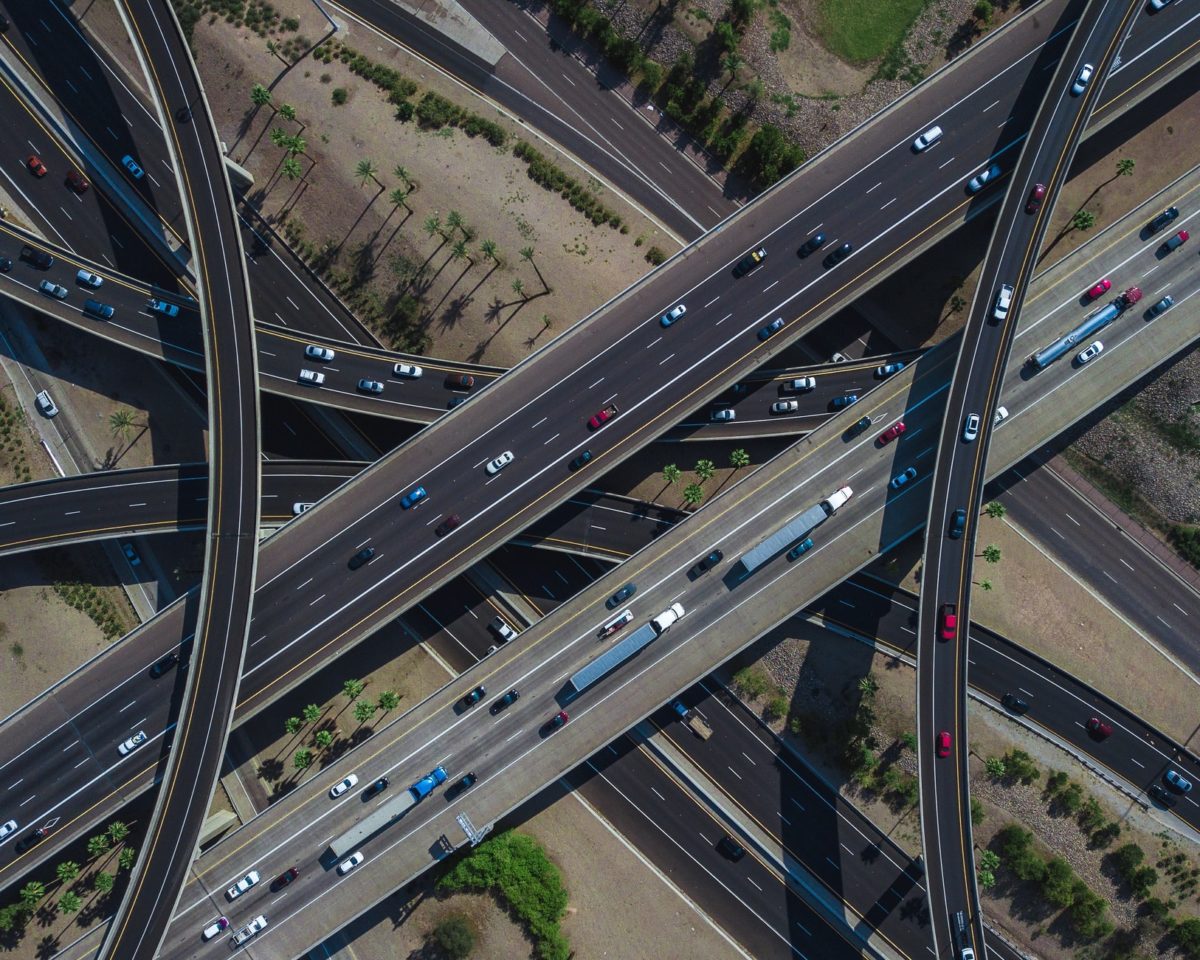The Biden administration has officially been in office for 100 days.
In what is typically a period characterized by a flurry of executive orders that establish early policy priorities, President Joe Biden has understandably focused much of his energy on one of the most pressing challenges the United States has faced in generations: bringing an effective end to the COVID-19 crisis.
During the first three months in office, the Administration has been able to accelerate vaccination distribution after a record-speed vaccine development process, offering hope of a world less impacted by the spread of the pandemic.
However, with 100 days now in the rearview mirror, the Biden administration is setting its sights on the future—one in which the United States still faces both short- and long-term challenges that would be daunting for any administration. From continuing to chip away at a COVID-heightened unemployment rate to addressing domestic and social unrest to thinking through a climate change strategy, the Administration has its hands full over the next few years. With a challenging midterm election on the horizon, the motivation to advance its agenda quickly and decisively is top of mind.
For business leaders, the intersection between politics, economy, consumer behavior, public health, social issues and environmental issues has never been so large—or important. Businesses will continue to be tested in ways that they could not have imagined just a few years ago. Those that can navigate these challenges well will come out ahead.
While there are dozens of policies that will unfold over the next four years, there are several key areas for leaders to watch in the short term and consider for future opportunities and challenges that arise. One of these key areas is outlined below.
Priority: Building Back Better
On the campaign trail, then-candidate Biden outlined his vision of an infrastructure plan dubbed the “Build Back Better” plan.
The new bill, announced in full in late March as the American Jobs Plan, includes several proposed investments in both traditional and modern infrastructure systems.
- Roads & bridges
- Public Transport
- Ports
- Airports
- Nationwide electric vehicle charging grid
- Water Systems
- Electric Grid Upgrades
- Increased Broadband Access
In addition, President Biden is pushing for investment in care for elderly and disabled Americans, new affordable housing and schools, and funding for manufacturing, R&D and job training.
The Biden administration has argued that decades of a lack of investment has left the United States lagging behind others when it comes to competitiveness on the global stage. In particular, the Administration sees this as an opportunity to level the playing field, financing more projects in rural and disadvantaged communities, with a focus on sustainability and “clean infrastructure” investments.
Infrastructure is often seen as a “both-sides-of-the-aisle” issue, yet an agreement has recently been hard to come by. Whether President Biden and his team—particularly Vice President Kamala Harris and Transportation Secretary Pete Buttigieg—will be able to galvanize both sides of the aisle to come together on this shared goal of fixing the widely acknowledged problem of the United States’ aging infrastructure remains to be seen.
Interested to see what else the Biden administration is prioritizing? Read this article from BDO.
